
Bespoke Design & Planning

Over 16 Years of Experience

Free Consultation & Itemised Quotes

Full Cost Transparency & Project Management

Insurance Backed Warranty
Don't move. Extend in style
Testimonials
Testimonials from Our Trusted Clients

Homeowner
“Originally, we’d planned on this being a property to rent out to others. Since the loft conversion, we’ve fallen back in love with the place – and have now decided to move back here.”

Business Owner
“I would like to thank GDB for all of their hard work, ideas and inspiration and for being so approachable and easy to deal with during the our rear extension. I would happily recommend them to anyone thinking of starting a building project”

Property Developer
“Good Design provided the architectural services as well as building work. It was great to have both bundled into one. They were very flexible and great to work with - nothing was too much trouble. I would highly recommend them.”

Green Building Advocate
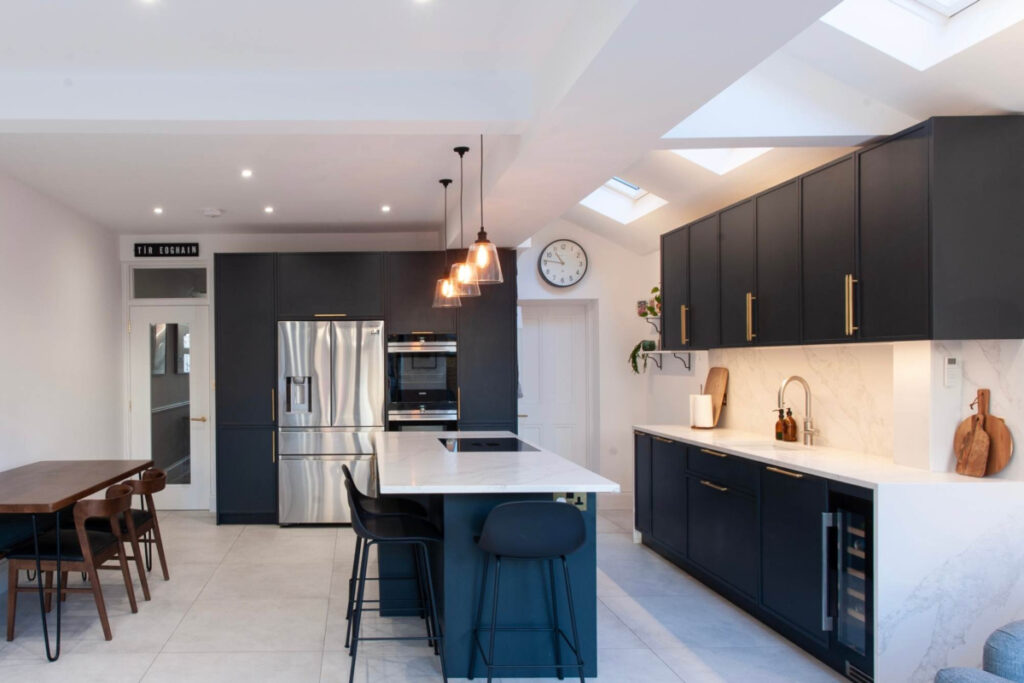
Planning Permission & Permitted Development
Frequently Asked Questions
Home refurbishments in London can range in cost from a modest £30,000 to a more extravagant £130,000.
This is because the cost of a home renovation depends on multiple factors such as the size of the extension or the fittings required. For instance, upgrading your kitchen will likely be more expensive than renovating the home office.
The cost of a home refurbishment depends on a large number of factors including:
- Location
- Size of the extension/ conversion
- Design/ complexity of the refurbishment
- Building materials
- Fitting and fixtures
- Specialists’ fees
- Planning permission fee (if required)
As such, understanding your key requirements and a creating a comprehensive budget are vital to ensure the success of your home improvement project.
The need for planning permission for home refurbishments and renovations is largely based on the design and dimensions of the changes you propose to make.
Extensions and conversions that meet the criteria and size specifications of permitted developments will not require planning permission. While refurbishments carried out on flats, maisonettes, and on properties listed in conservation areas will require planning permission.
As the criteria for the requirement for planning permission also depends on the location, it is always best to check with your local authority or even the planning portal before initiating the build.
Unequivocally yes. Most home refurbishments can increase the value of the property by 10-20%. The value gained is based on the type and extent of the renovation.
For example, updating a bathroom can increase the value of a property by 5%, while a bedroom loft conversion can increase the value of a property by as much as 20%.
It is also a good idea to check the ceiling price of properties in your neighbourhood. This way, you do not overspend on your refurbishment project.
Yes. As tempting as it may be to DIY a refurbishment project, an architect brings in numerous benefits and advantages which ultimately ensure the success of a project.
Their expertise and experience allow you to plan, design, and build the perfect extension while keeping costs down and optimising the space.
And perhaps more importantly, hiring an architect helps you to avoid the many common errors and mistakes that can occur during a refurbishment which may prove costly in the long run.
It is always best to have a detailed plan in place before the start of a refurbishment project. Changes to the plan can result in additional expenses, delays, and may even change the need and conditions of planning permission and building regulations approval.
If mandatory changes need to be made, it is best to consult the experts. They can advise you on the feasibility of the changes and how they may be incorporated into the original design.
The suitability of a property depends on the type and extent of the refurbishment. Different refurbishments have different criteria for viability. For instance, home extensions (such as rear and side extensions) need to consider the area available within the property, while loft conversions must take into account the roof space and head room available.
That being said, most properties and homes are suitable for extensions, conversions, or renovations.
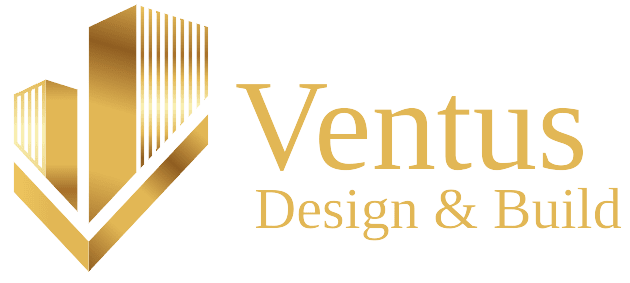
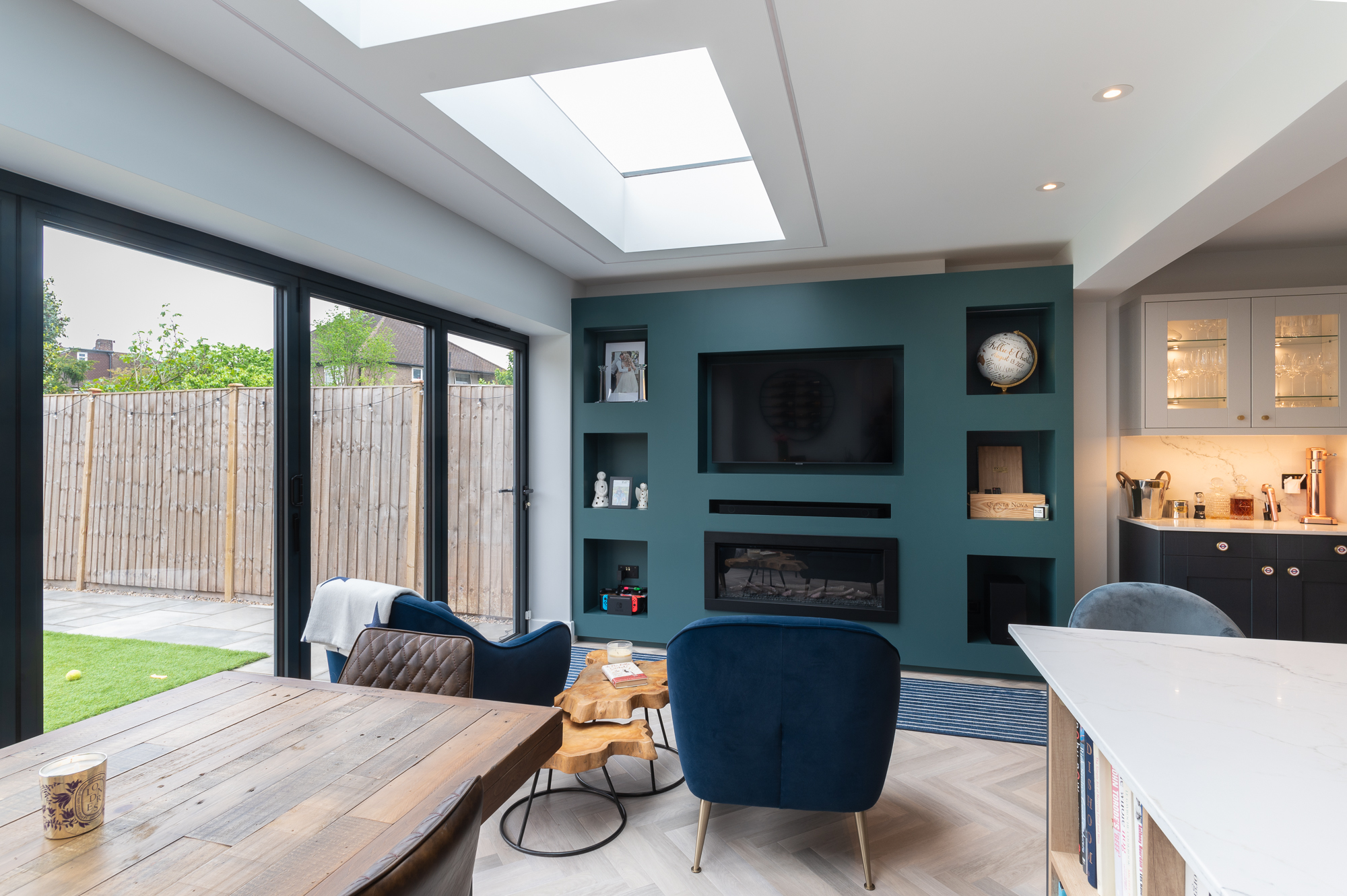
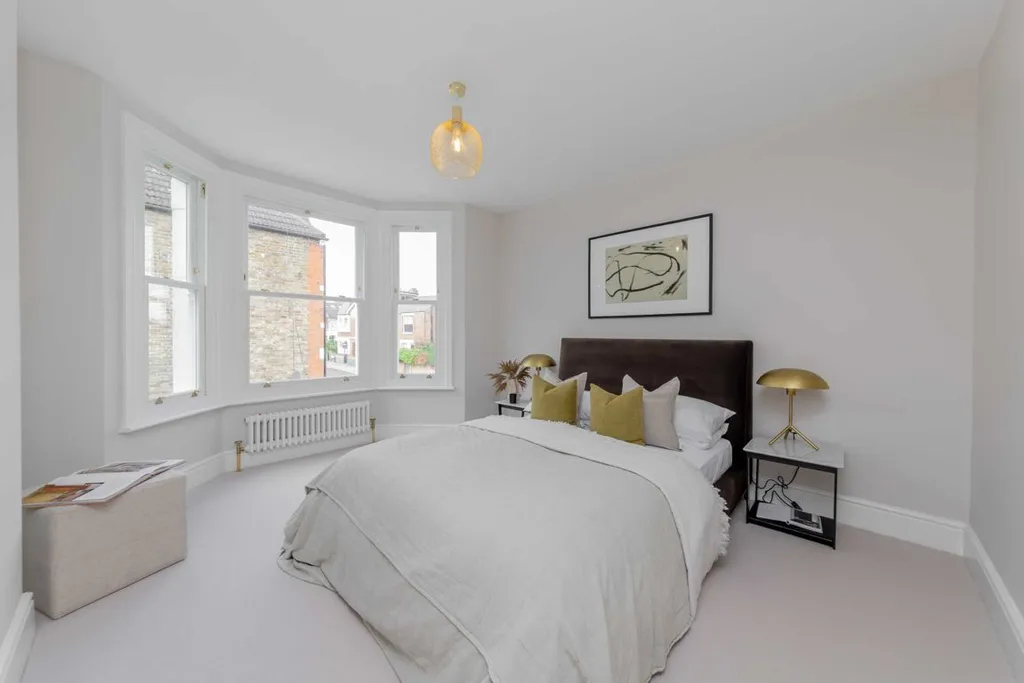
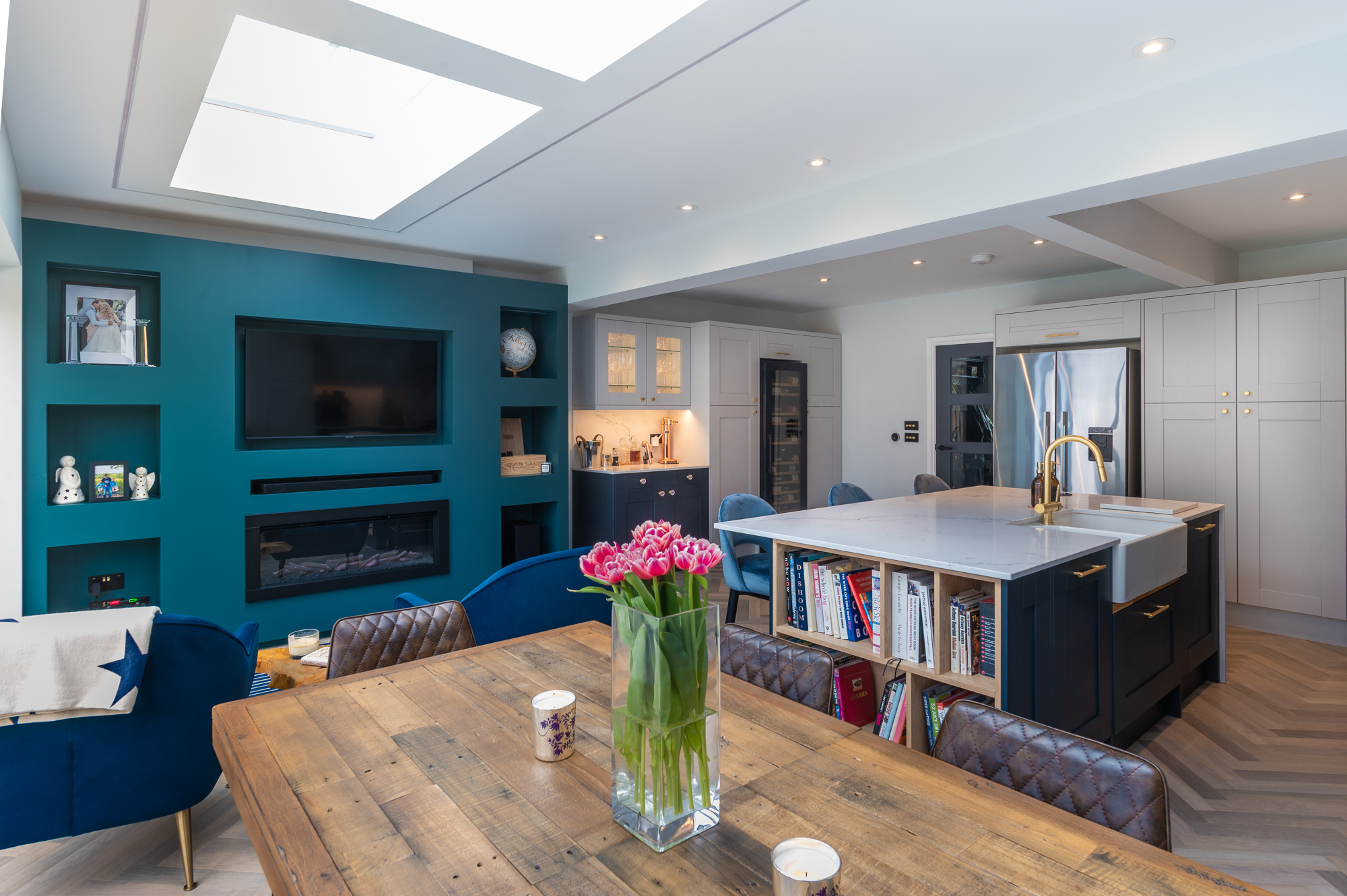
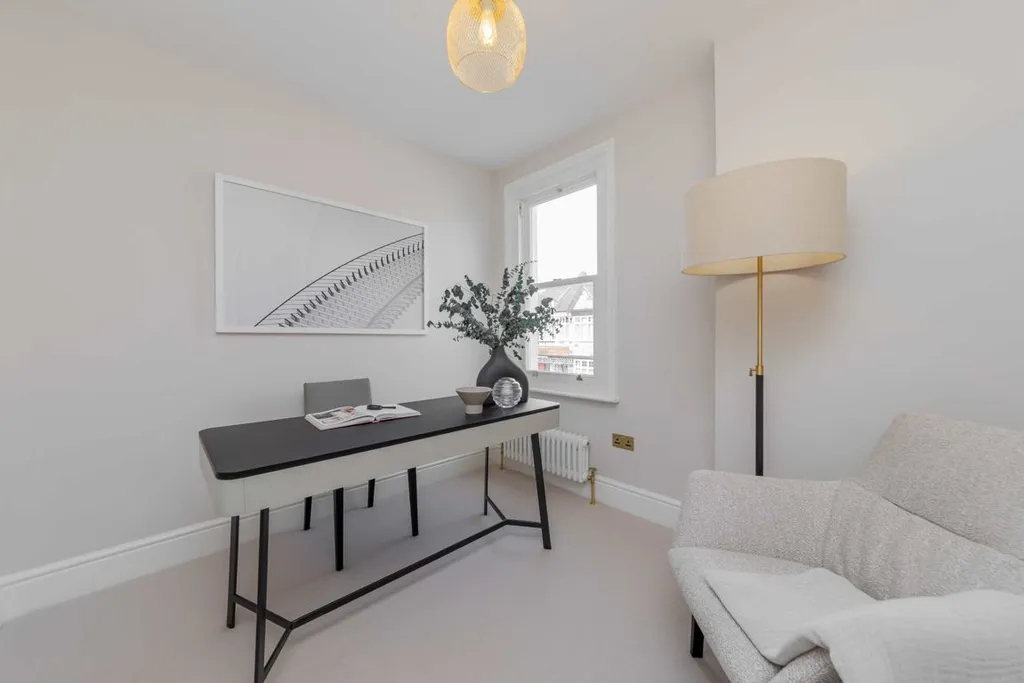
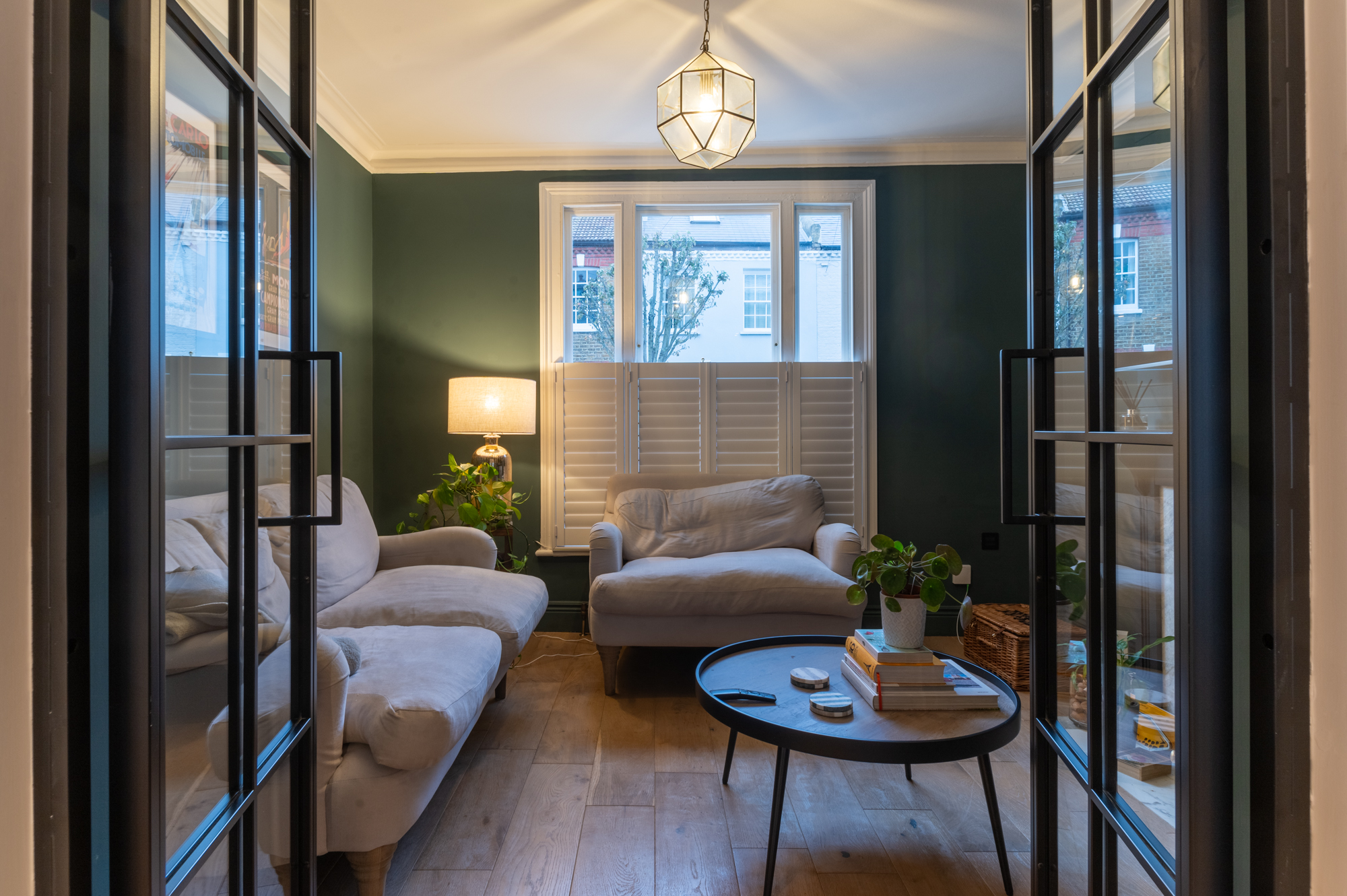
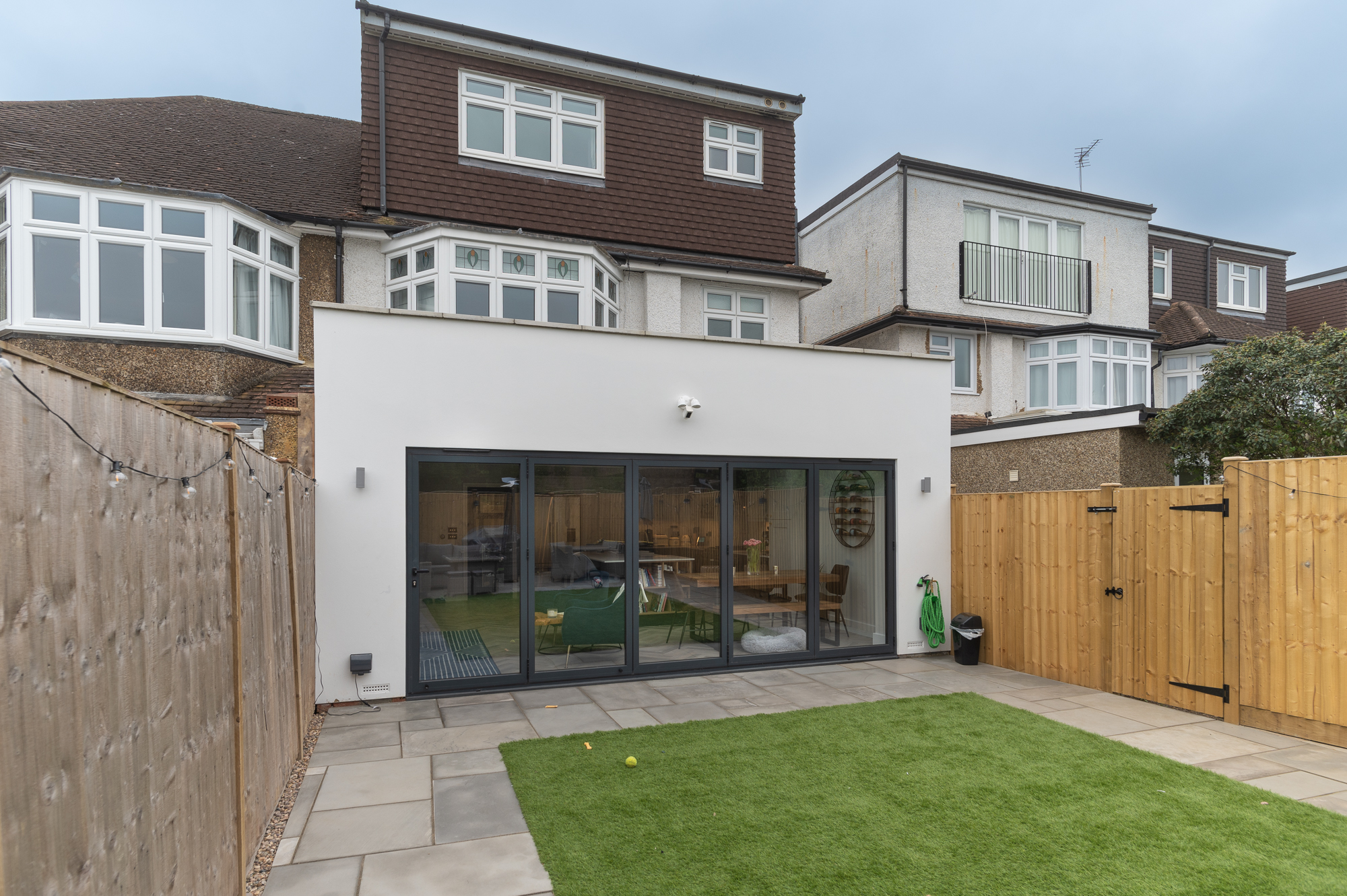


“Thank you to Amol and his entire team for delivering us a fantastic extension to our newly purchased home. The guys were friendly and very professional during all stages”